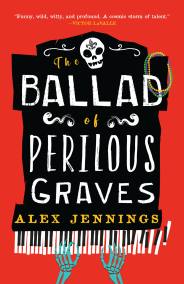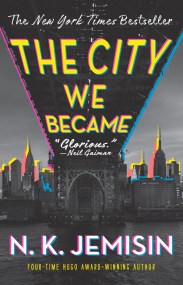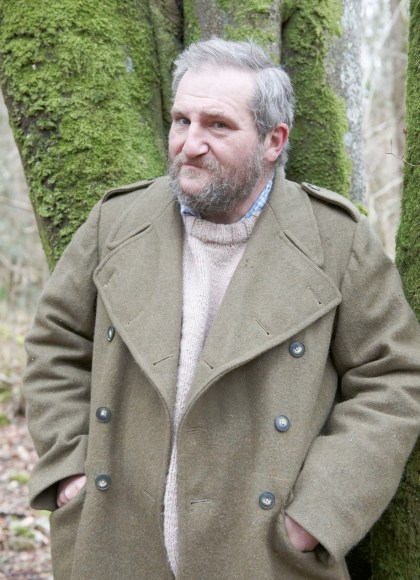In Your Dreams
Contributors
By Tom Holt
Formats and Prices
Price
$5.99Format
Format:
ebook (Digital original) $5.99This item is a preorder. Your payment method will be charged immediately, and the product is expected to ship on or around September 4, 2012. This date is subject to change due to shipping delays beyond our control.
Also available from:
“Tom Holt may be the most imaginative satirist to land on our shores since Douglas Adams.” — Christopher Moore, New York Times bestselling author
It's the kind of trick that deeply sinister companies like J.W. Wells & Co. pull all the time. Especially with employees who are too busy mooning over the office intern to think about what they're getting into. And it's why, right about now, Paul Carpenter is wishing he'd paid much less attention to the gorgeous Melze, and rather more to a little bit of job description small-print referring to "pest" control.
The J.W. Wells & Co. Series:
The Portable Door
In Your Dreams
Earth, Air, Fire and Custard
You Don't Have to Be Evil to Work Here, But It Helps
The Better Mousetrap
May Contain Traces of Magic
Other titles from Tom Holt:
Doughnut
When It's A Jar
The Outsorcerer's Apprentice
The Good, the Bad and the Smug
The Management Style of the Supreme Beings
An Orc on the Wild Side
Holt Writing as K. J. Parker:
Sixteen Ways to Defend a Walled City
How To Rule An Empire and Get Away With It
A Practical Guide to Conquering the World
- On Sale
- Sep 4, 2012
- Page Count
- 480 pages
- Publisher
- Orbit
- ISBN-13
- 9780316233170
Newsletter Signup
By clicking ‘Sign Up,’ I acknowledge that I have read and agree to Hachette Book Group’s Privacy Policy and Terms of Use







